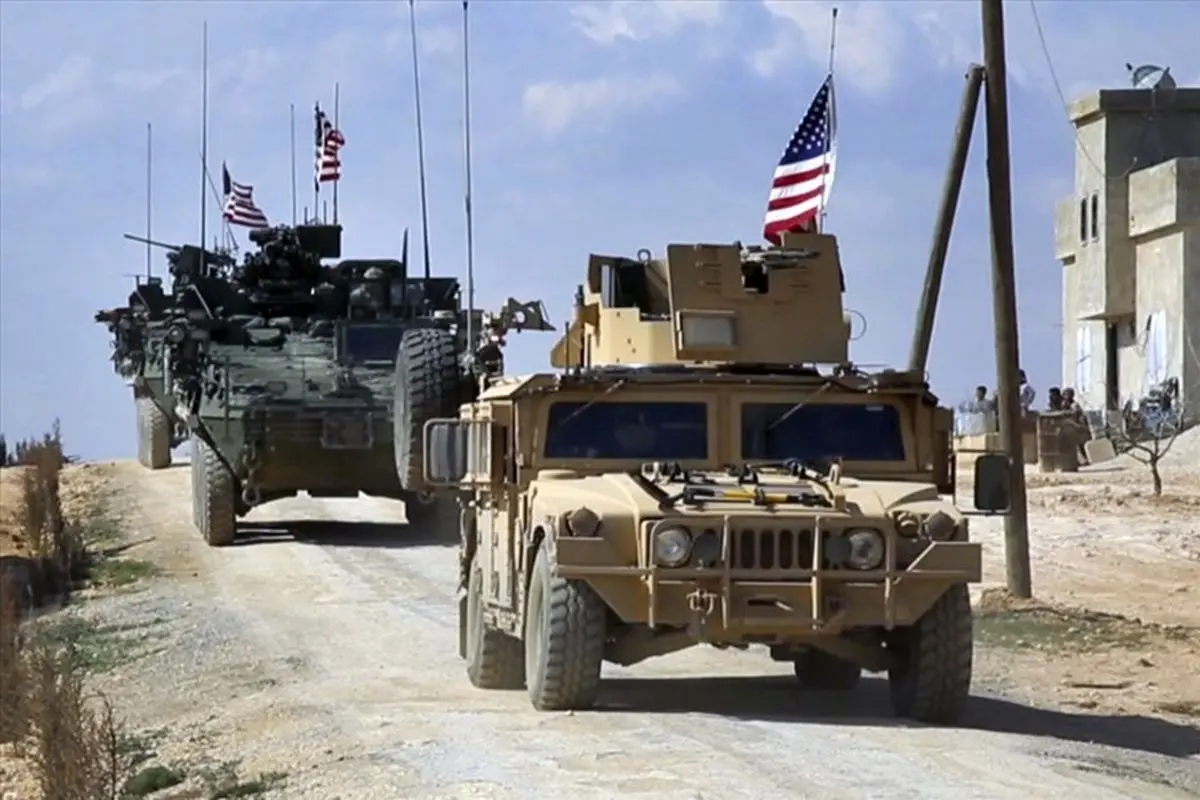Turkey bolsters Syria border as US force plan slammed

Turkey has sent military reinforcements along its border with Syria, according to state media, as Ankara, Damascus and Moscow all attacked a US plan to form a new border security force in the war-torn country's northeast.
Citing military sources, Anadolu Agency reported on Monday that two dozen armoured vehicles had entered Reyhanli district of southeastern Hatay province.
A separate 20-vehicle army convoy, which included tanks, had also arrived in Viransehir district of southeastern Sanliurfa province.
The forces were sent to assist the military units already deployed along the Syrian border, said Anadolu.
The deployments came a day after Turkish President Recep Tayyip Erdogan said that a military operation in northern Syria against the city of Afrin - controlled by the Syrian Kurdish People's Protection Units (YPG) - would be launched "in the days ahead".
A senior Syrian Kurdish official said on Sunday that fighting between the YPG and Turkish forces was already under way, while Anadolu reported on Monday that intense smoke was coming out of Afrin's Nesreyieh region.
'Drown this terror army'
Separately on Monday, Erdogan said the US was working to form a "terror army" on his country's southern border by training a new force in Syria that includes Kurdish fighters.
"What we are supposed to do is to drown this terror army before in comes into being," he said in an address in the capital, Ankara, calling the Kurdish fighters "back-stabbers" who will point their weapons to the US in the future.
His comments came after reports revealed Washington's plan to establish a 30,000-strong new border security force with the involvement of Kurdish fighters in northern Syria.
According to media reports quoting US officials, the US-led coalition fighting ISIL in Syria says the force will secure areas along Syria's border to the north with Turkey and to the east with Iraq.
At least half of it will be made up of the Syrian Democratic Forces (SDF), an umbrella group of fighters dominated by the YPG, seen by the US a highly effective ground force against ISIL.
But the YPG is considered by Turkey to be a "terrorist group" with ties to the banned Kurdistan Workers' Party (PKK), which has waged a decades-long fight inside the country.
PKK is blacklisted as a terrorist organisation by Turkey and its Western allies. More than 40,000 people in Turkey have been killed since the 1980s after the PKK launched its armed campaign.
Erdogan said Turkey's armed forces had completed preparations for an operation against Afrin and the town of Manbij.
Warning Turkey's allies against helping "terrorists" in Syria, he said: "We won't be responsible for consequences".
Syria, Russia react
Later on Monday, an official source in Syria's foreign ministry denounced the US plan about the formation of the border force.
"Syria strongly condemns the US announcement on the creation of militias in the country's northeast, which represents a blatant attack on the sovereignty and territorial integrity and unity of Syria, and a flagrant violation of international law," said the source, according to state news agency SANA.
"Syria considers any Syrian who participates in these militias sponsored by the Americans as a traitor to their people and nation, and will deal with them on this basis."
"The [US'] actions that we have been observing indicate that the US does not want to keep Syria as a state in its current borders," Russian Foreign Minister Sergey Lavrov said in a press conference in Moscow.
"The US wants to help the Syrian Democratic Forces to set up some border security zones," he added.
"What it would mean is that vast swaths of territory along the border of Turkey and Iraq would be isolated, it's to the east of the Euphrates river. There are difficult relations between Kurds and Arabs there. If you say that this zone will be controlled by the forces supported by the US, there will be a force of 30,000 people."
Lavrov said that the development would be "a very big deal", raising "a lot of question marks".
"There is a fear that they are pursuing a policy to cut Syria into several pieces," he added.
END
